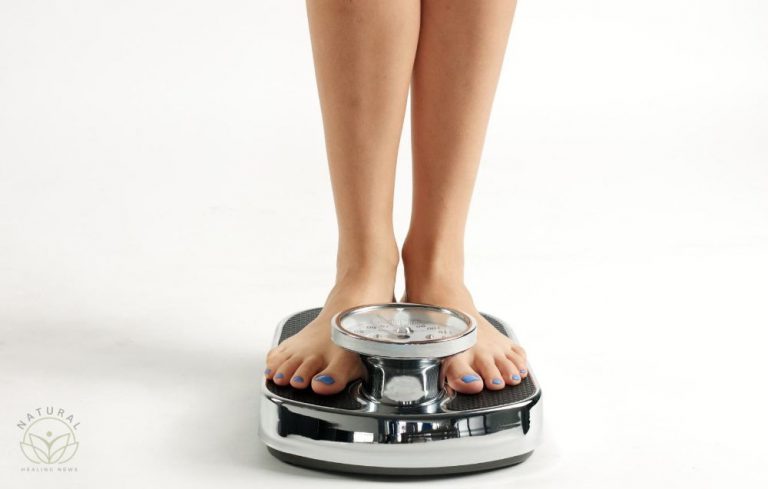Intermittent Fasting Helps You Sleep Better: True Or False?

Intermittent fasting has become a popular dieting trend in recent years. But does it really help you sleep better?
There is some evidence that intermittent fasting can help improve sleep quality. One study found that people who followed an intermittent fasting diet slept better than those who didn’t fast.
However, more research is needed to confirm these findings. And it’s important to note that intermittent fasting is not a magic bullet for better sleep.
What is intermittent fasting?
Intermittent fasting is a pattern of eating that alternates between periods of fasting and periods of eating. It can be used to lose weight, improve sleep, and increase energy levels.
It doesn’t specify which foods you should eat, but rather when you should eat them. In general, you significantly reduce your calorie intake on fasting days.
There are several different types of intermittent fasting, including the 16:8 method, 5:2 diet, and alternate-day fasting. The most common method is the 16:8 method, which involves fasting for 16 hours and eating during an 8-hour window.
During a fast, the body is in a state of hunger. This causes the body to release hormones that signal the brain to eat. The body also breaks down stored carbohydrates and fats for energy.
Breaking down stored fats produces ketones, which can have a variety of health benefits, including improved mental clarity and decreased inflammation.
does intermittent fasting help you sleep better?
Intermittent fasting has been known to help you sleep better for a few reasons.
First, when you fast, your body is able to better regulate its insulin levels. Insulin is a hormone that helps your body to process and use glucose (sugar). When your insulin levels are regulated, your body is better able to use the sugar it has available, which can help to regulate your energy levels.
Secondly, intermittent fasting can help to increase levels of melatonin in your body. Melatonin is a hormone that is responsible for regulating your sleep cycle. When your body produces more melatonin, it is easier for you to fall asleep and stay asleep.
Additionally, intermittent fasting can help to reduce levels of inflammation in your body. Inflammation is a natural response of your body to protect itself from injury or infection. However, chronic inflammation can lead to a number of health problems, including insomnia. Reducing levels of inflammation can help to improve your sleep quality.
Finally, intermittent fasting can help you sleep better by helping to reduce stress levels. Stress can interfere with your sleep by causing you to feel anxious or restless. By reducing stress levels, intermittent fasting can help you to fall asleep and stay asleep.
benefits of Better sleep
From a medical standpoint, sleep is incredibly important. It’s the time when our body heals and recovers from the day’s activities. It’s when we consolidate our memories and process the information we’ve collected throughout the day.
Not to mention, it’s when our brain gets a break from the constant barrage of stimulus.
There are many different benefits of sleep, but here are three of the most important ones:
- Sleeping helps us maintain our physical health. When we sleep, our bodies are able to repair themselves. We produce more human growth hormone, which helps to repair tissue damage and build muscle. We also secrete more cytokines, which are proteins that help to fight infection.
- Sleeping helps us maintain our mental health. Sleep is essential for a healthy brain. It’s during sleep that our brains flush out toxins and consolidate memories. A good night’s sleep can help improve our mood, increase our focus and concentration, and reduce stress and anxiety.
- Sleeping helps us live longer. Studies have shown that people who sleep less than six hours a night have a shorter life expectancy than those who sleep seven to eight hours a night. This is likely because sleep plays a role in our physical and mental health, and both are essential for a long and healthy life.
So, if you’re looking for a way to improve your health, sleeping better is a great place to start.
There is growing evidence to suggest that intermittent fasting can have a positive effect on sleep. While more research is needed to understand the exact mechanisms behind these effects, the available evidence suggests that intermittent fasting may be a helpful tool for improving sleep.






